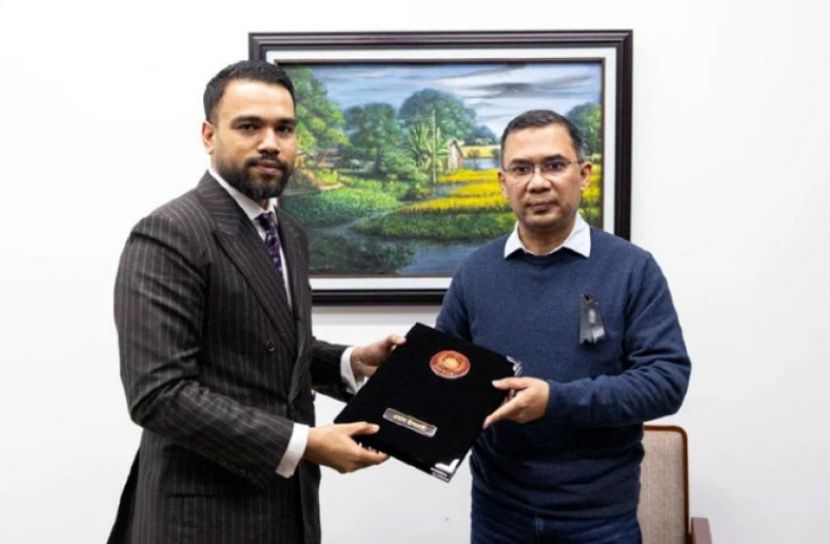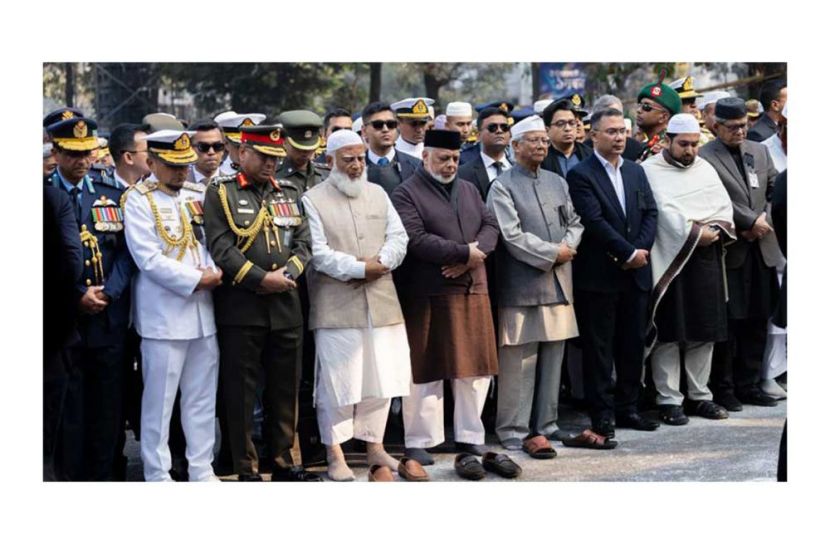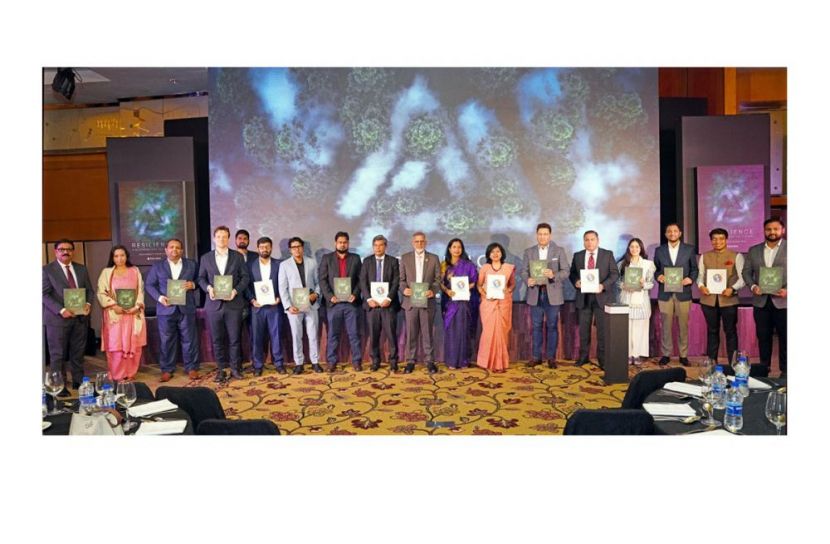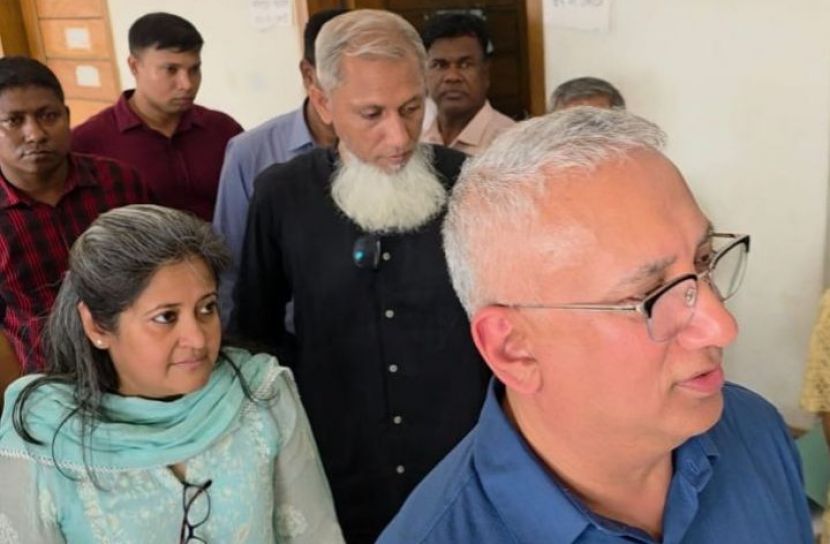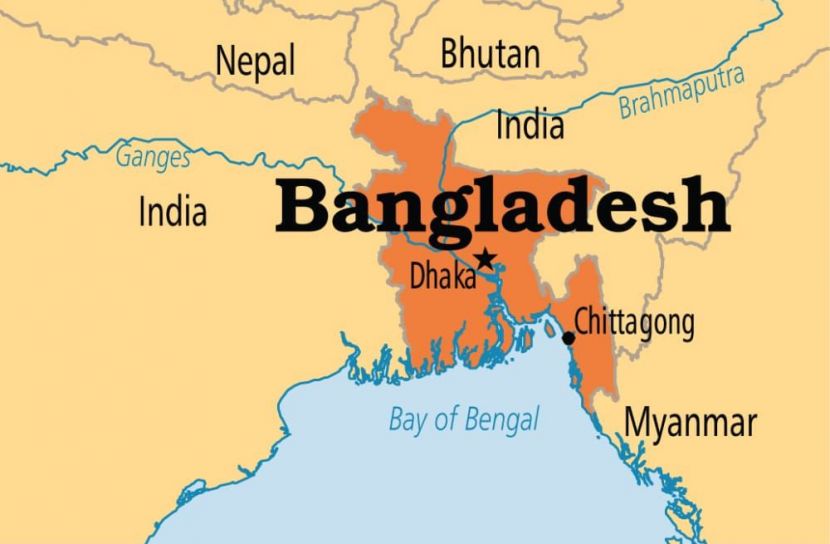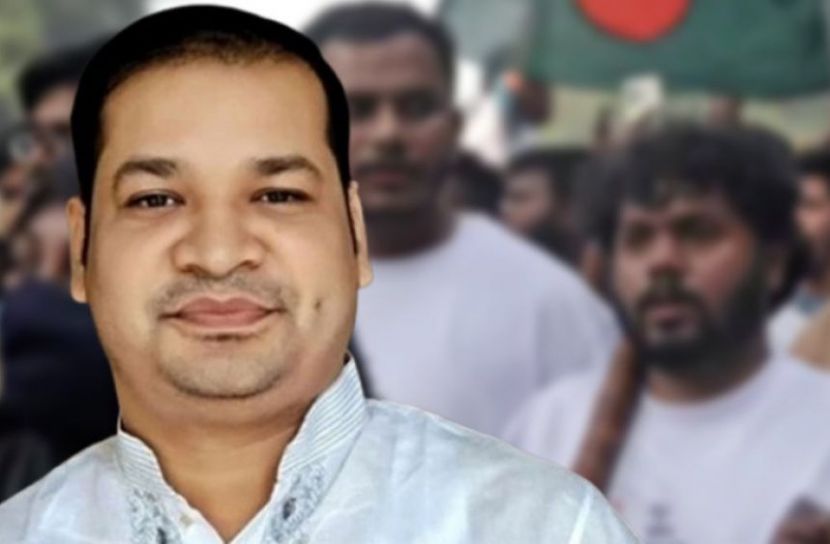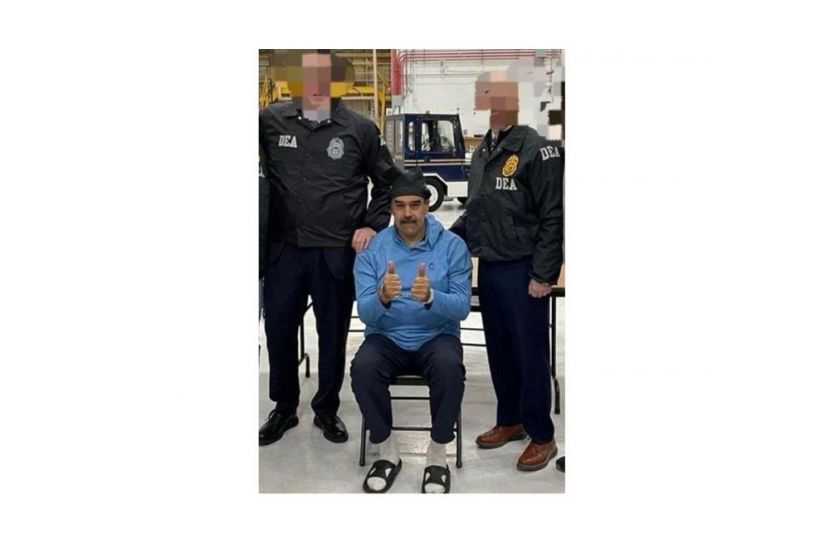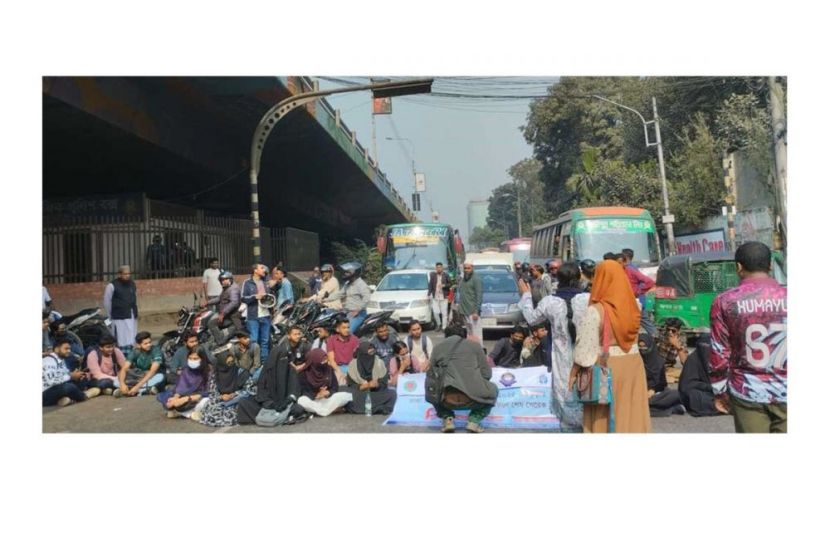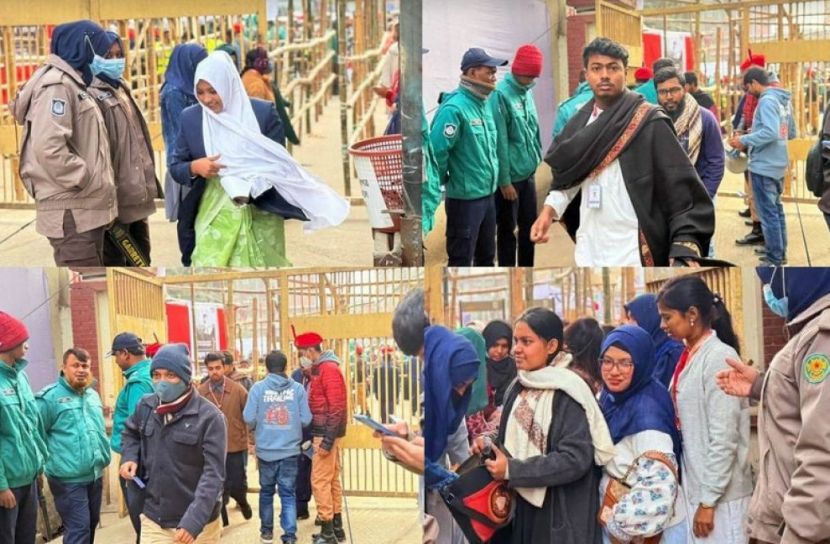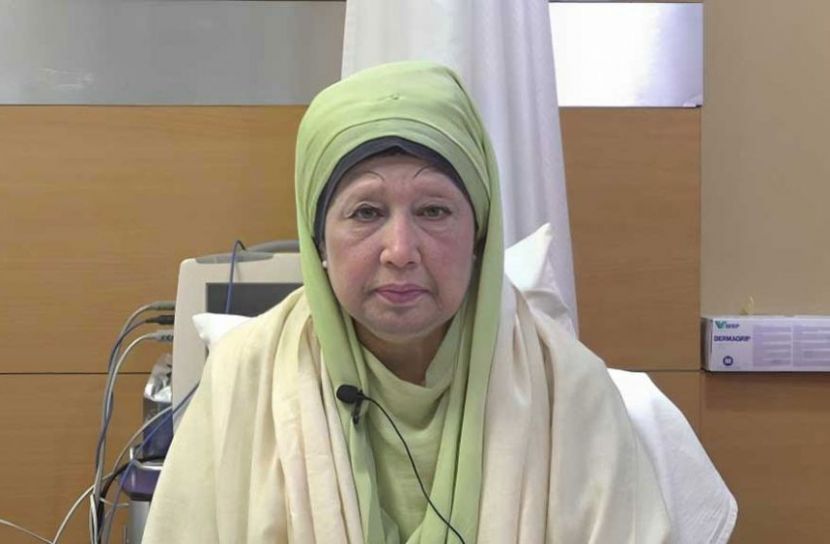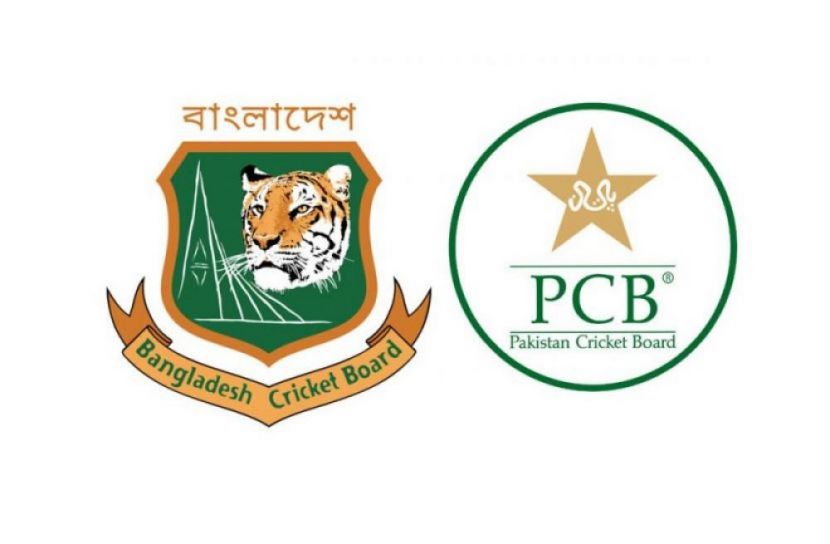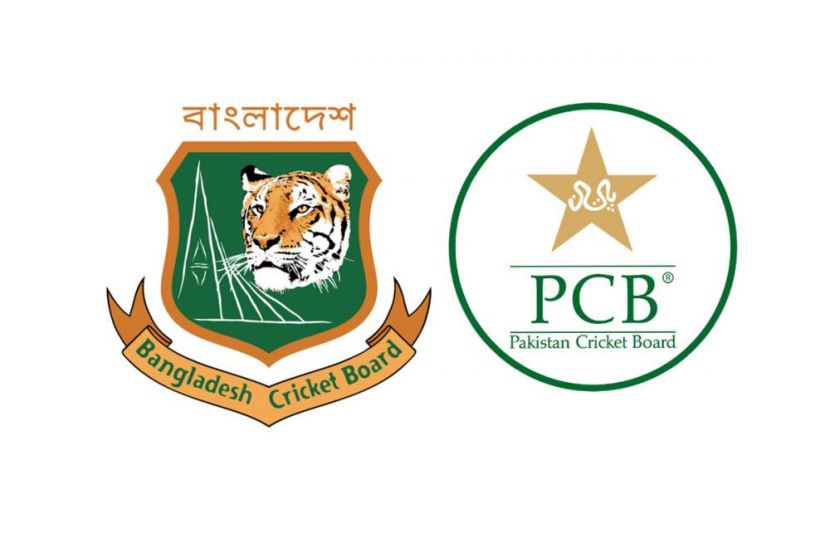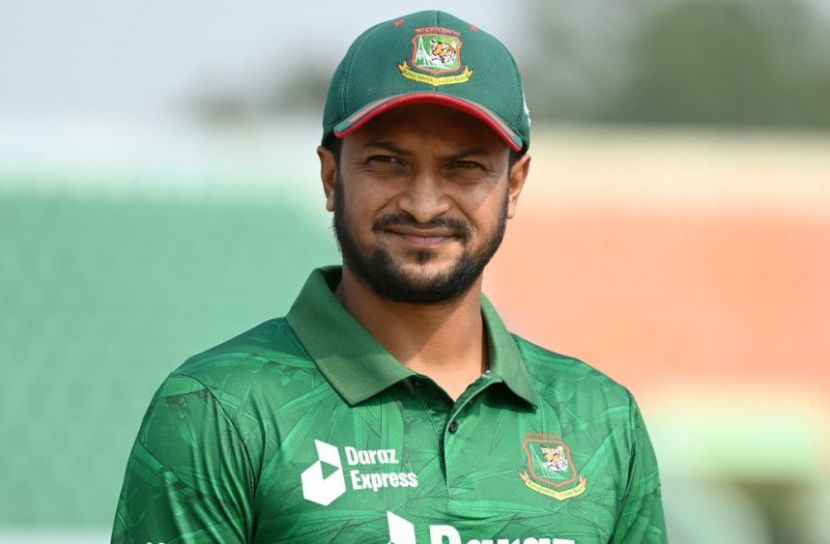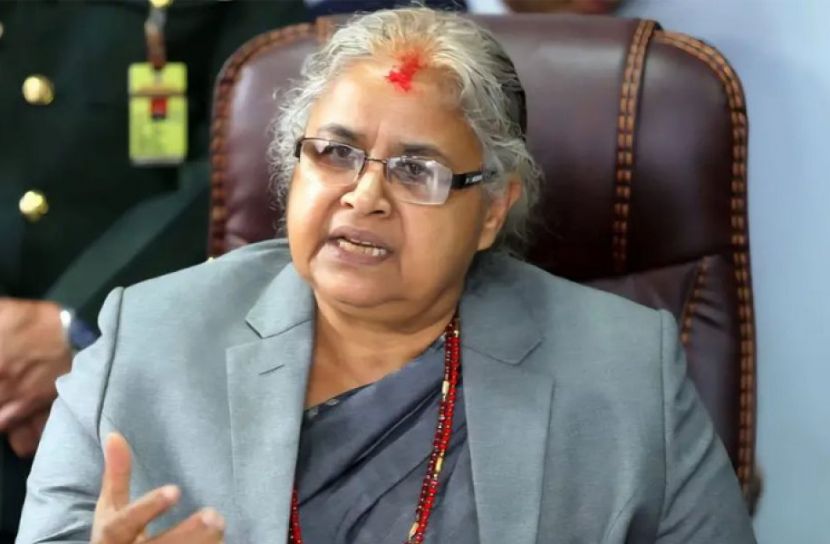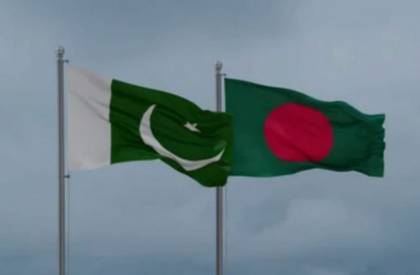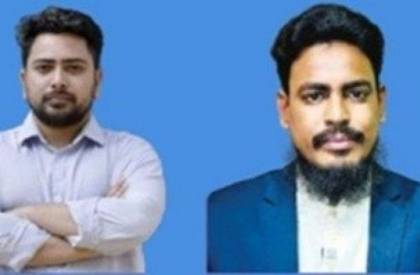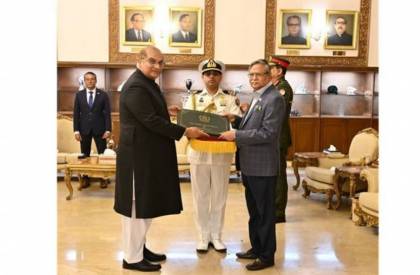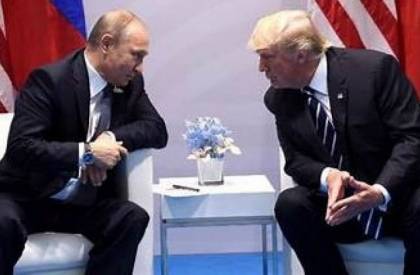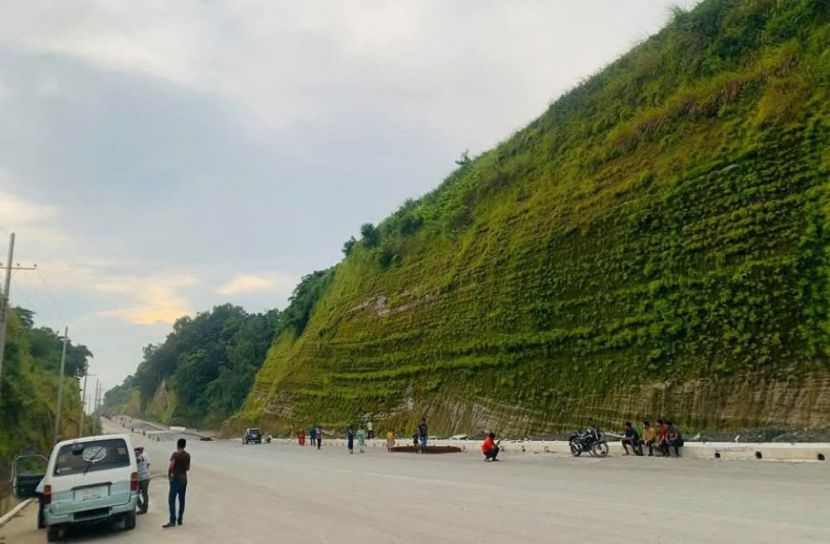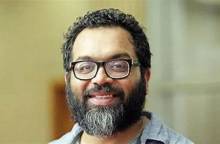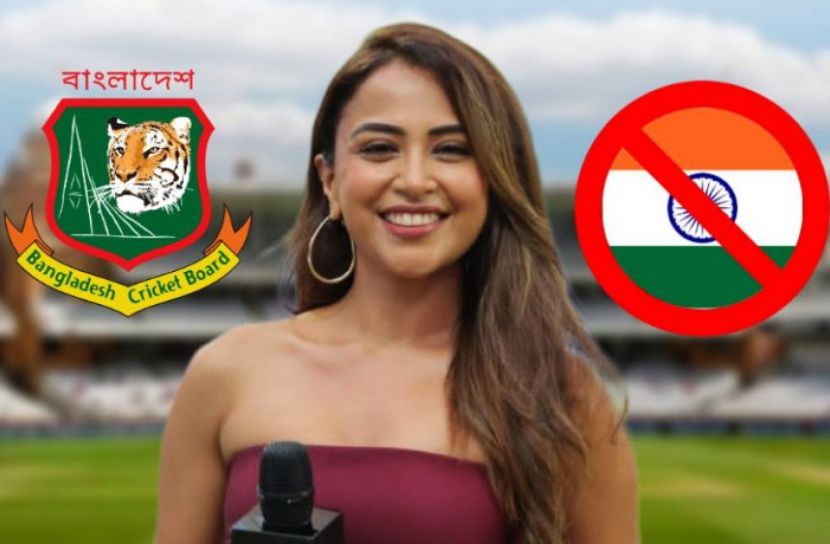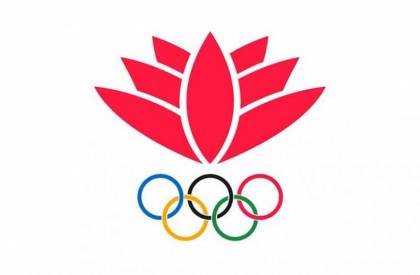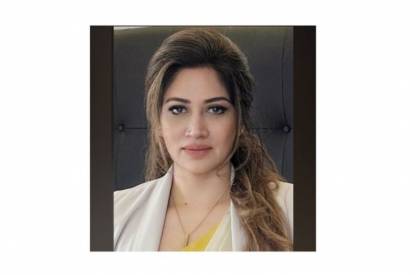Former chief justice of Nepal Sushila Karki will lead an interim government following a wave of youth-led protests that ousted the country’s veteran prime minister, according to representatives of the protest movement. A military spokesperson confirmed that Army Chief General Ashok Raj Sigdel held discussions on Wednesday with “related stakeholders,” including representatives of the Gen Z protest movement, though specific details of the talks were not disclosed.
The army has moved to restore calm after Nepal witnessed its worst political violence in two decades. On Tuesday, protesters stormed parliament and set it ablaze, forcing the resignation of the prime minister and prompting military deployment across the capital.
"Right now, Sushila Karki's name is coming up to lead the interim government – we are now waiting for the president to make a move," said Rakshya Bam, one of the protest leaders who met with the army chief. “We discussed with the army chief about the future... how we can move forward, keeping the peace and security of the country.”
Karki, 73, is a respected academic and Nepal’s first female Supreme Court chief justice. She told AFP that “experts need to come together to figure out the way forward,” emphasizing that “the parliament still stands.”
However, her selection is far from settled. The Gen Z protest movement, while powerful, is highly decentralized, and not unified under a single political banner. In a massive virtual meeting on Discord, thousands of young protesters debated who should represent their cause, with several names proposed and no clear consensus.
“There are divisions,” said journalist Pranaya Rana. “It is natural in a decentralised movement like this that there are going to be competing interests and competing voices.”
The protests began earlier this week in Kathmandu in response to a government-imposed social media ban and growing public frustration over corruption. But what started as a peaceful demonstration escalated into a nationwide uprising after a deadly crackdown left at least 19 people dead. Public buildings were torched, and soldiers were deployed to maintain order.
On Thursday, the capital remained tense but calm, with military checkpoints set up across Kathmandu and soldiers patrolling the streets for a second consecutive day. All eyes are now on the president, who holds the constitutional authority to appoint an interim leader as the country navigates this period of political uncertainty.
PT/ra


